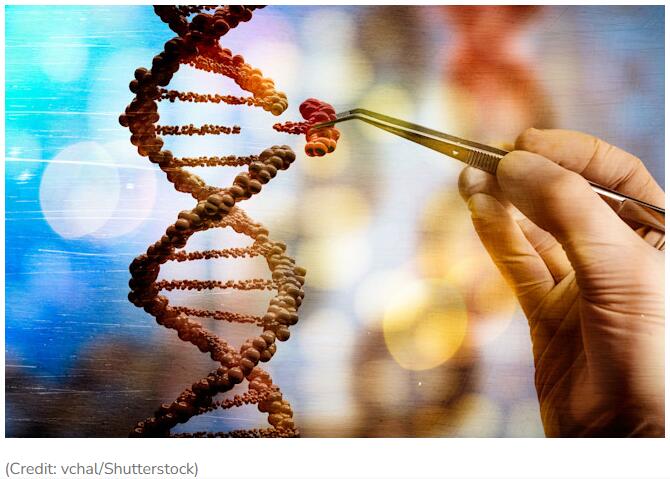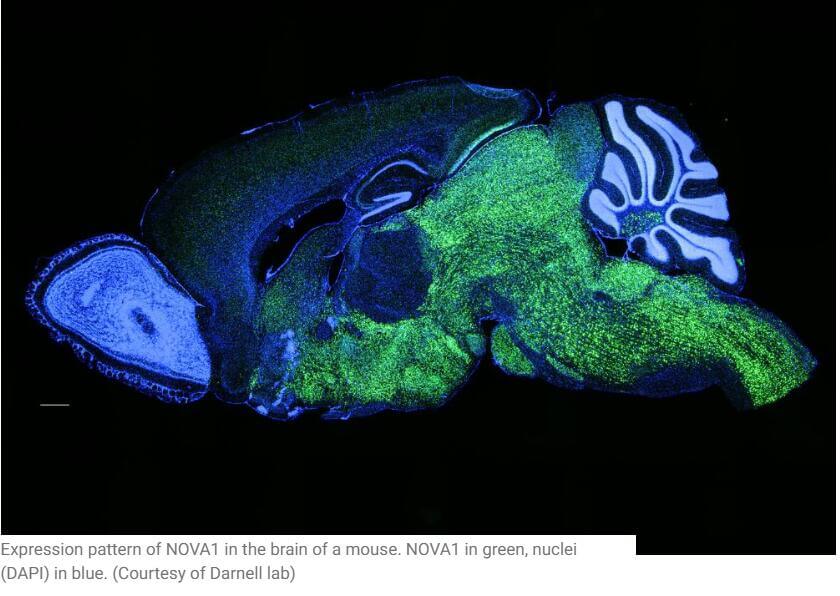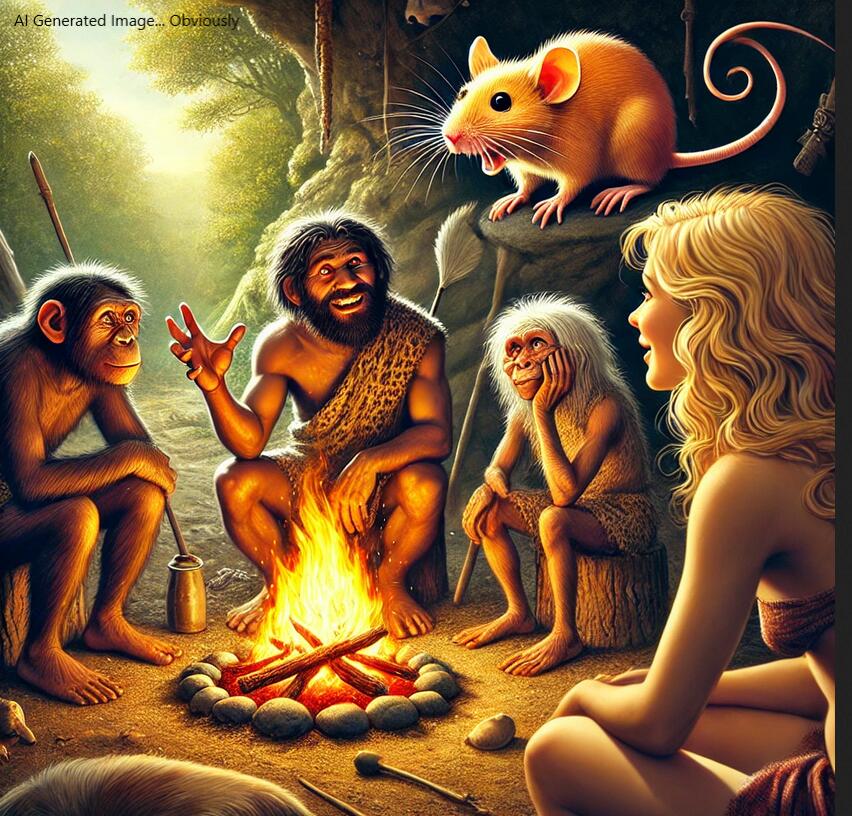

Every parent eagerly awaits their child’s first word—not because they’re expecting a budding poet, but because it’s rarely Mama or Dada… it’s No. (Honestly, language development may have peaked right there.) Parents may cheer for their little one’s newfound voice, but that first No also comes with a twinge of dread as they think, If this is how it starts, what will the teenage years be like?
The journey of language, however, is one of nature’s coolest accomplishments. In the age-old debate of nature versus nurture, a groundbreaking new study is pointing to a tiny genetic switch that may have given our ancestors the upgrade from basic grunts to more complex speech. Enter: the NOVA1 gene.
Led by Dr. Robert Funnell and his team at Rockefeller University, researchers used advanced CRISPR gene-editing techniques to replace the archaic NOVA1 gene with the human-specific variant. The results? Mice with the humanized gene gained neural changes that suggested cognitive shifts—and most shockingly, their squeaks got more sophisticated.
In addition to being sort of obsessed with wanting to give the mice living in my walls the NOVA1 gene and see if we can create a sing-along group, what really caught my interest about this study is that the mice didn’t just make sounds, but also developed more intricate brain cell connections.
“When we introduced the human NOVA1 variant, we were astonished by the changes in brain function,” Dr. Funnell remarked. “It suggests that a single amino acid substitution can have profound effects on how vocal abilities evolved.” (Translation: one tiny tweak may have turned us from cavemen grunting at each other to people arguing about Oxford commas on the internet.)


The human version of NOVA1 carries a unique genetic change—one that is nearly universal among modern humans- yet, it is not present in our distant relatives (Neanderthals and Denisovans). This variant is thought to have emerged in Africa after our evolutionary split, and it’s possible it gave homo sapiens a new vocal flexibility that set the stage for more complex communication.
The NOVA variant represents a major evolutionary shift in human speech. Scientists believe it first emerged in Africa before spreading worldwide, setting the stage for our modern ability to communicate in full sentences—and, eventually, to overanalyze texts and emails.
While the study focuses on the roots of spoken language, its implications stretch even further. As someone with a background in anthropology, I’ve always been fascinated by how language developed, particularly how it relates to physiological changes in the human body. (Yes, I was the nerd in the lab holding ancient skulls and wondering what my distant relatives were gossiping about.)


Dr. Liza Finestack of the University of Minnesota, commenting on the study’s broader implications, noted, “This research not only deepens our understanding of how spoken language evolved but also opens up exciting possibilities for early detection and intervention in speech disorders.”
Spoken language is the foundation upon which written language was later built—a revolutionary leap that transformed human culture and learning. And yet, a lot of modern conflict still boils down to miscommunication. There’s even a classic joke that illustrates this perfectly:
“I know you think you heard what I said, but I’m not sure you realize that what you heard is not what I meant.” (Our ancestors worked for millennia to evolve complex speech, and yet last week, a friend of mine got ‘triggered’ over the ‘wrong’ emoji. Insert eye-roll emoji here.)
These genetic changes may have not only given our ancestors the ability to speak clearly and with expression, but also set the stage for written language. In other words, the way we talk and the way we write are deeply connected—which is lucky for us, because without it, we’d have no stories to tell, debates to spark, or social media rants to scroll through.
Looking ahead, researchers are exploring how this discovery might impact speech therapy, AI-driven language models, and even neurological research. Could tweaking the NOVA1 gene help refine speech therapy techniques, or even predict language-learning abilities? Although most modern humans carry this variant, subtle differences in how it’s expressed might explain why some toddlers speak early while others wait until age three to start issuing royal decrees.
So while the ongoing conversation between nature and nurture continues, one thing is clear: our ancestors’ genes set us up for a lifetime of talking, storytelling, joking and—ironically—still misinterpreting each other’s texts. Evolution is amazing, but if only it had also gifted us all with the ability to perfectly word an email on the first try.
An avid book reader and proud library card holder, Angela is new to the world of e-Readers. She has a background in education, emergency response, fitness, loves to be in nature, traveling and exploring. With an honours science degree in anthropology, Angela also studied writing after graduation. She has contributed work to The London Free Press, The Gazette, The Londoner, Best Version Media, Lifeliner, and Citymedia.ca.

